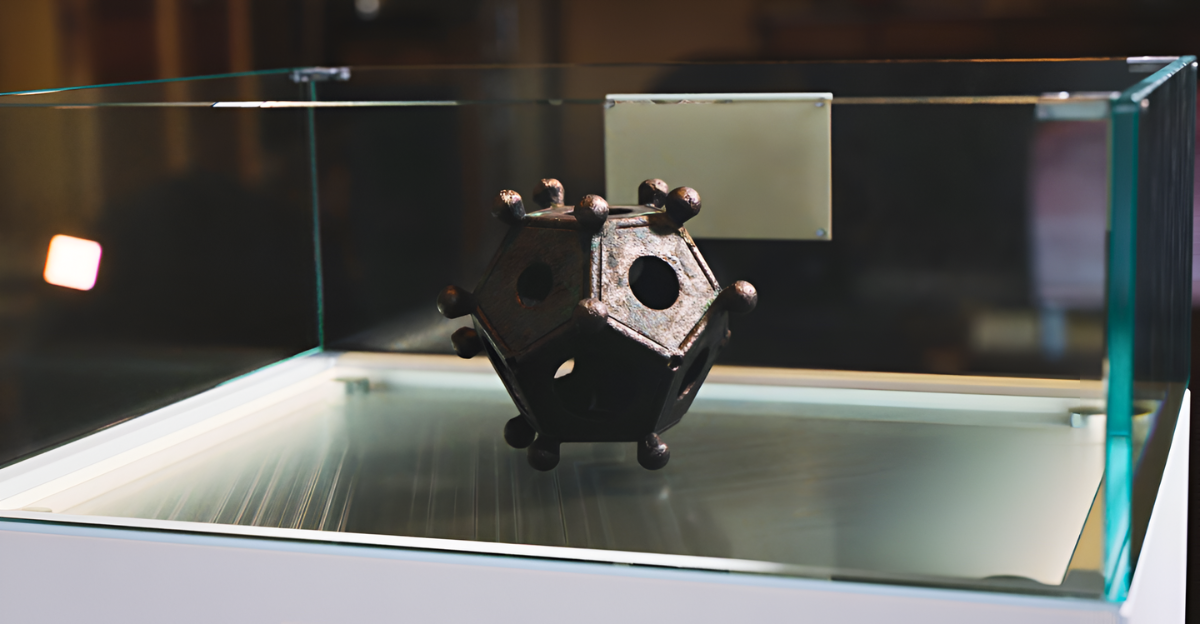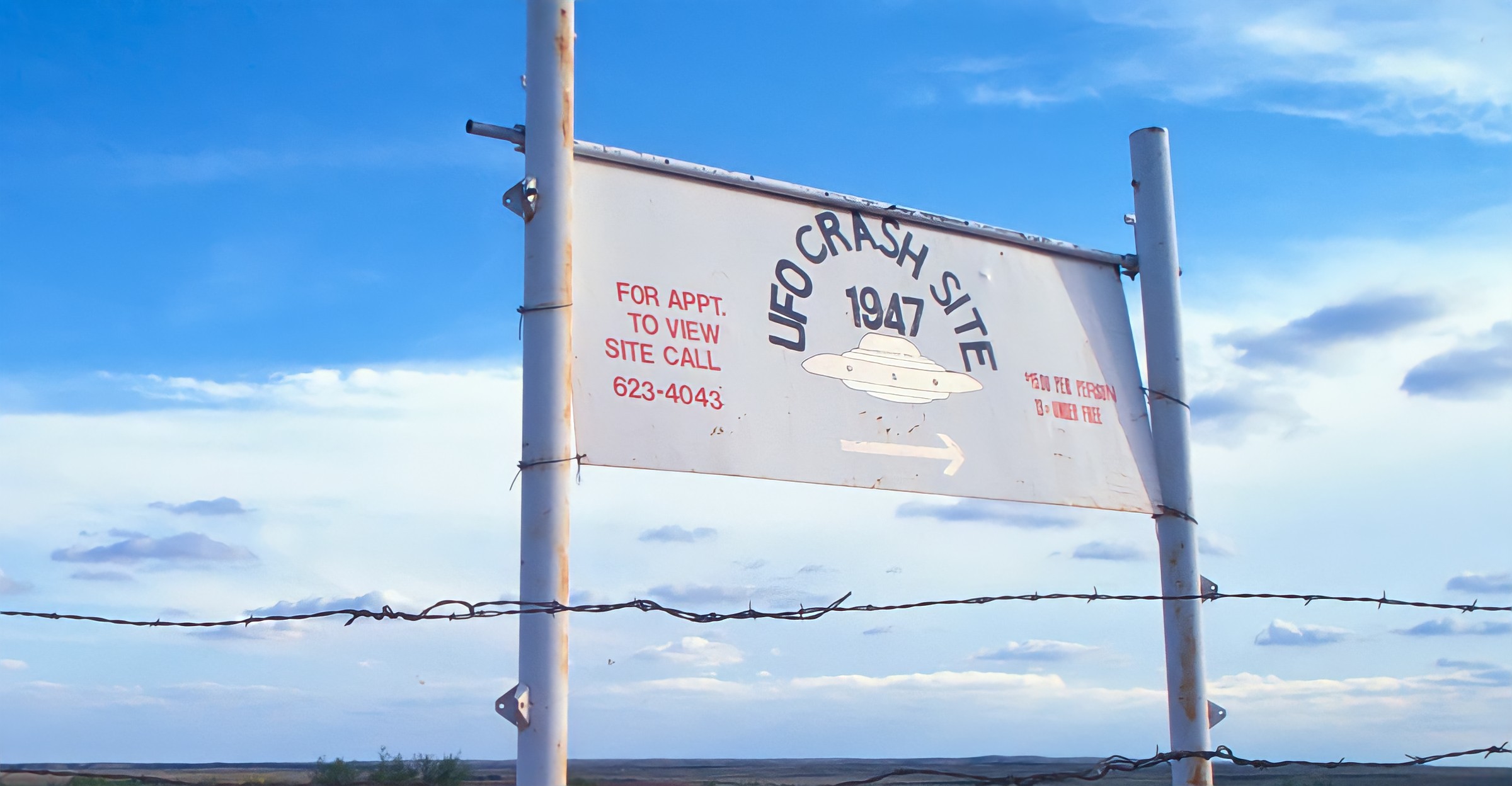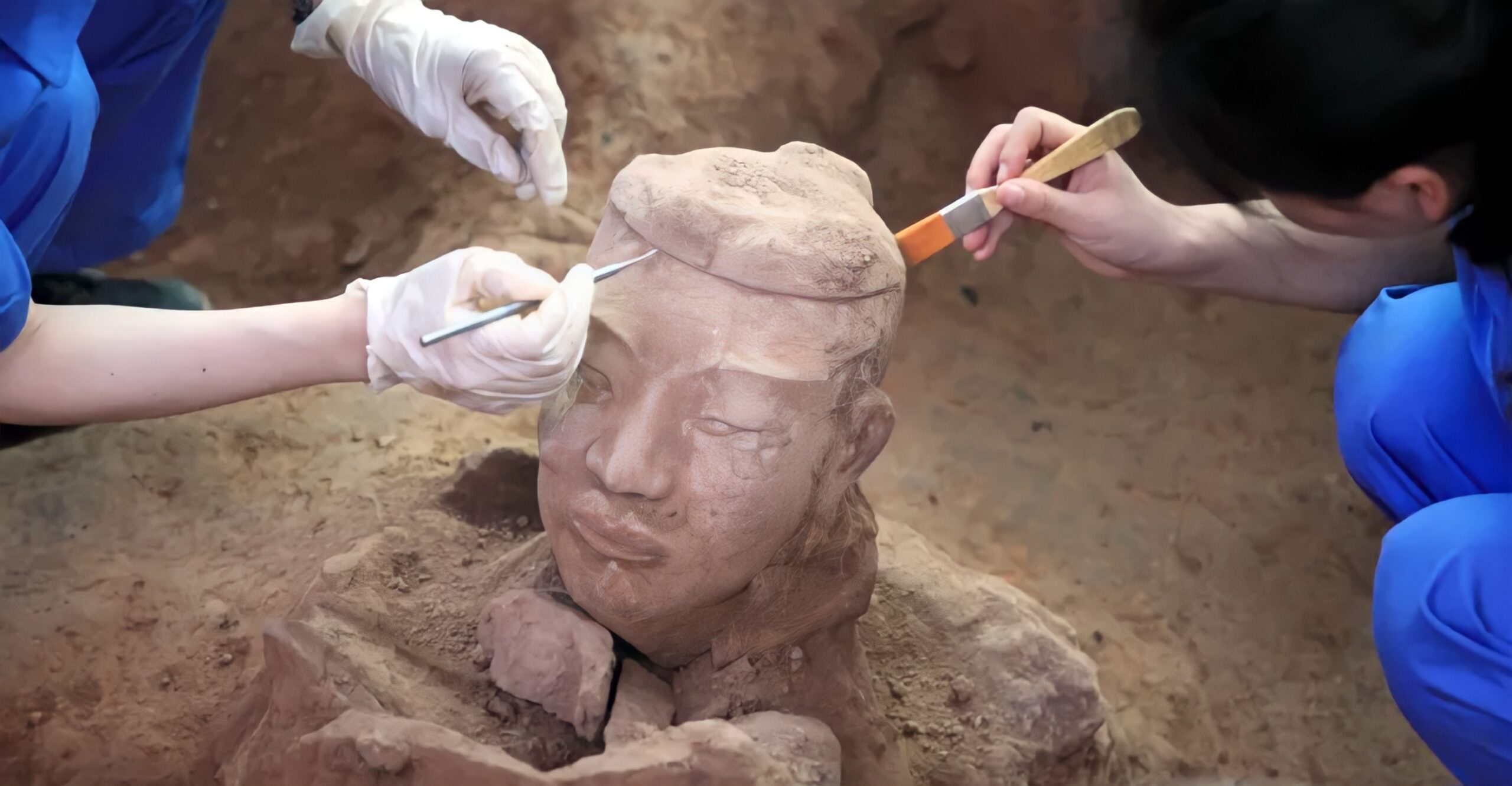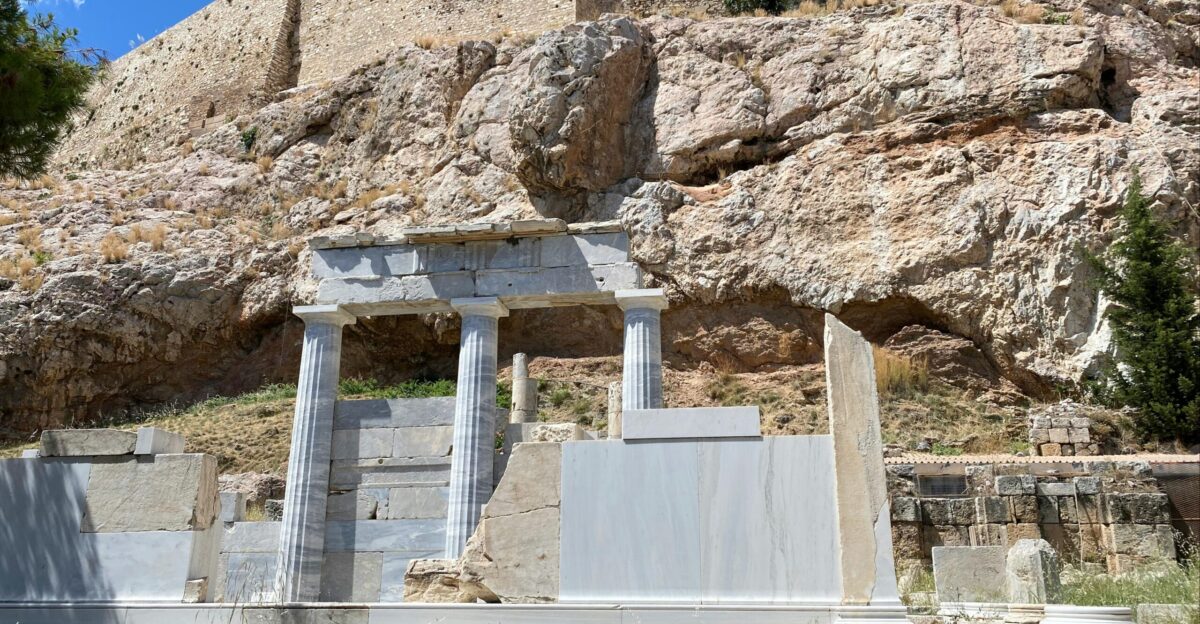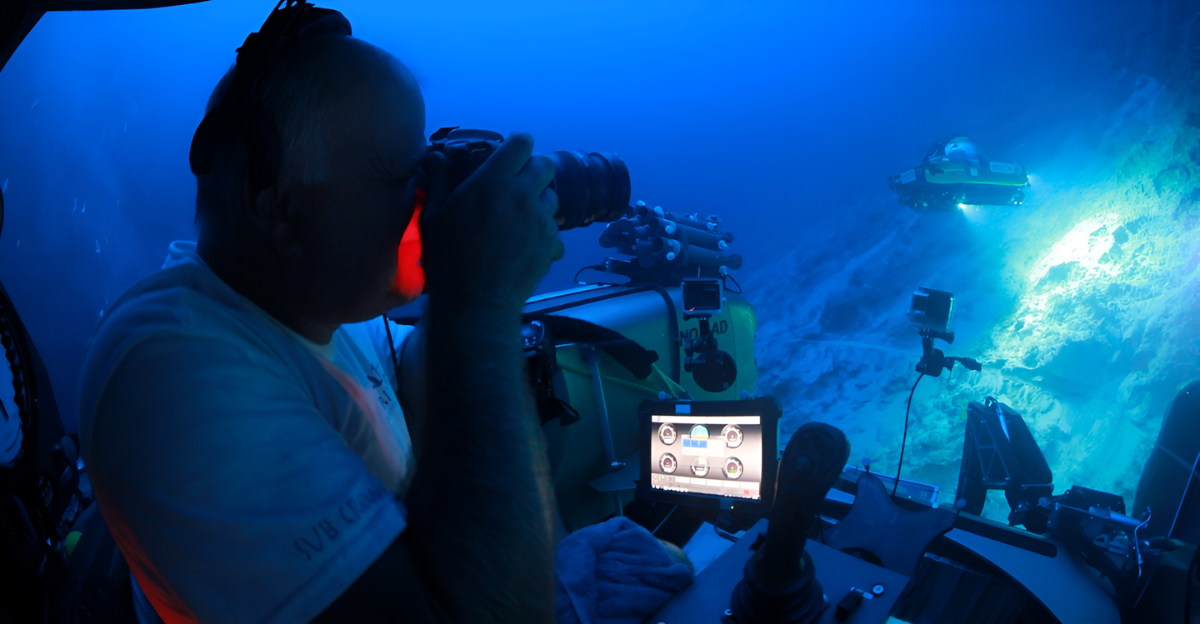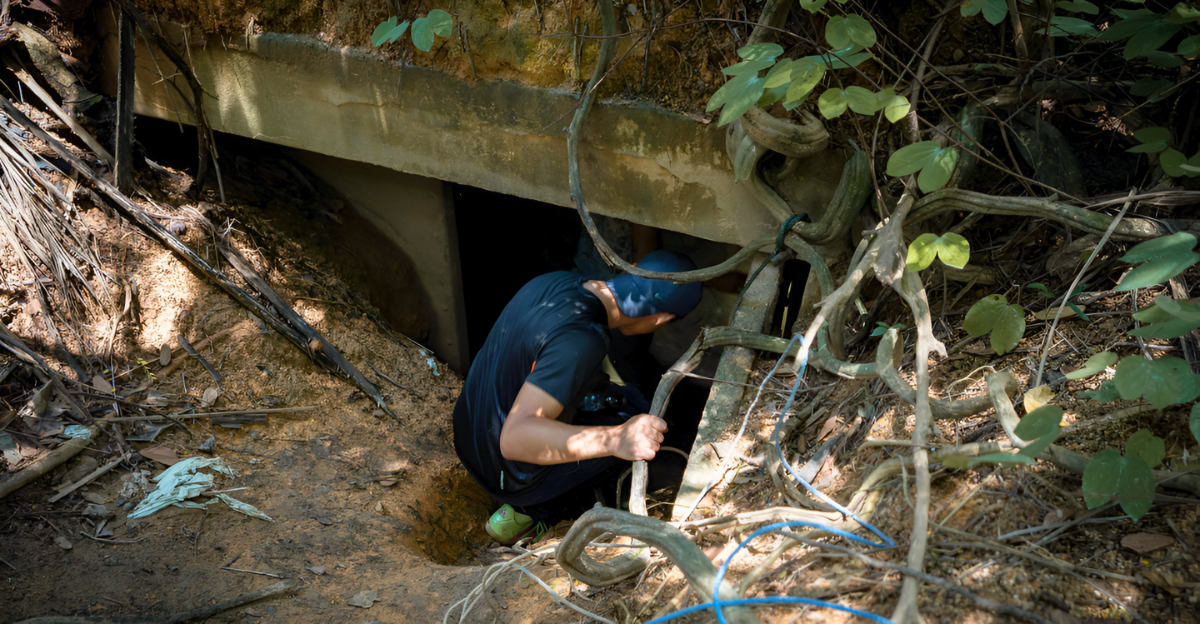
Polish officials have given the green light to what’s shaping up to be Europe’s most talked-about dig for lost wartime riches. The search will start this August in the forests of Kashubia, a region rumored to hide some of the Nazis’ most spectacular loot. According to Colombia One, the state’s heritage office issued a rare permit after reviewing years of documents and eyewitness testimony. With crowds gathering and cameras rolling, anticipation for what lies below is at fever pitch.
Why the World Still Chases the Amber Room

What’s turning heads is the site’s rumored connection to the legendary Amber Room, missing since World War II. As the Jerusalem Post reports, this ornate Russian chamber vanished without a trace after Nazi troops carted it off in 1941. Wild stories, from secret bunkers to sunken submarines, have fueled the hunt for decades. This Polish dig is the latest, and perhaps best-documented, effort to finally crack the mystery of the so-called “Nazi vault.”
Decades of Disappointment Didn’t Stop the Search

It’s not the first time treasure teams have gone after the Amber Room. Since the Iron Curtain fell, expeditions in Poland and Germany have reportedly dug up everything from rusted safes to ancient water pipes, but not the prize itself. A BBC retrospective notes that failed digs and false alarms haven’t shaken public fascination. Instead, the persistent dead ends seem to have made the story only more enticing for everyone involved.
Fresh Clue Rekindles the Hunt
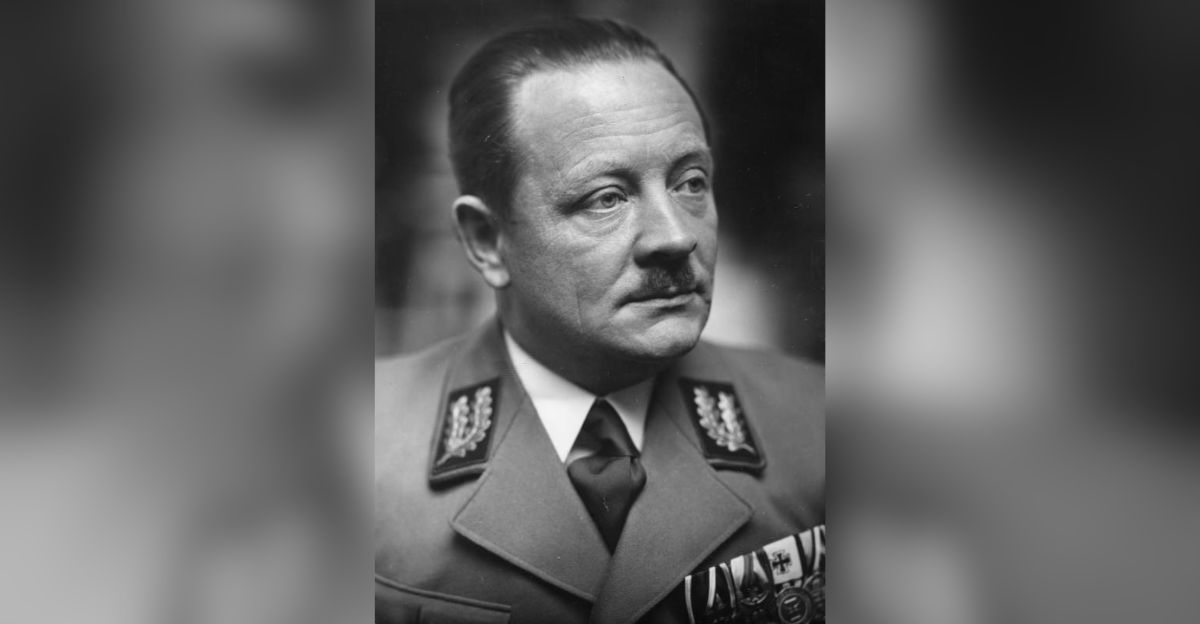
This dig got its big break thanks to a newly uncovered account from the WWII era. JFeed explains that a former Barczewo prisoner told a secret decades ago about conversations with high-level Nazi Erich Koch. That tip, alongside decoded SS telegrams and new radar scans revealing suspicious underground shapes, finally persuaded local officials to try again. The hope is that modern science might deliver where all the legends have failed this time.
Crews Brace to Dig for History—and Maybe Gold
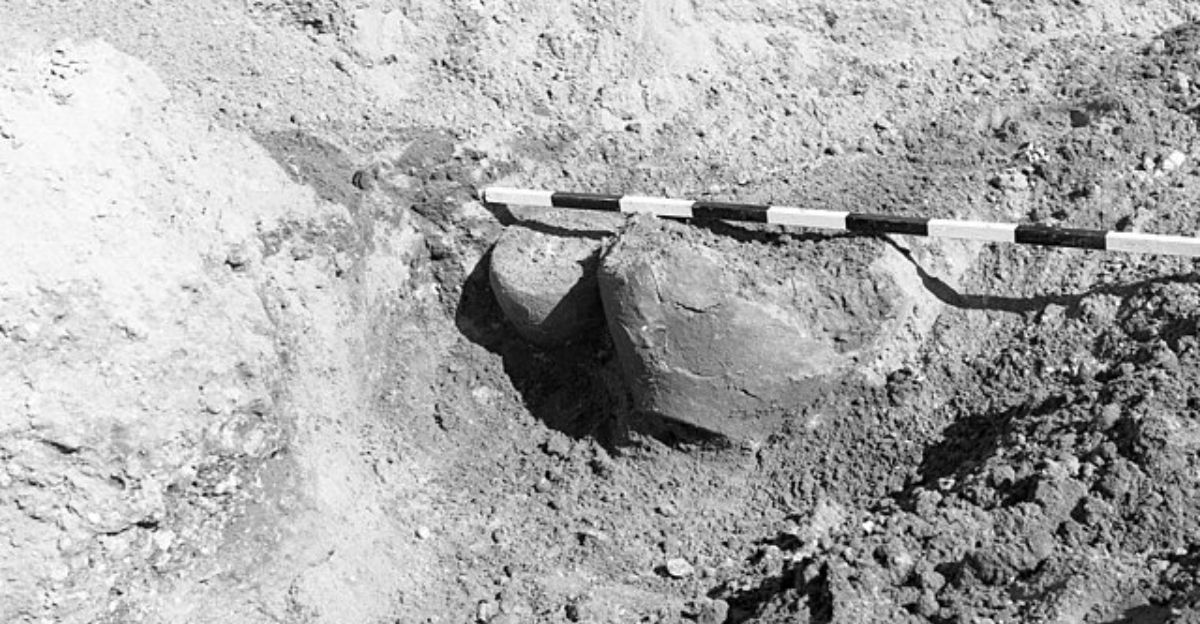
Excavation teams are now prepping to break ground, following months of planning and years of groundwork. Colombia One says archaeologists and engineers will use state-of-the-art ground-penetrating radar and tight controls on artifact handling. Red tape around the site warns off onlookers, and local police are keeping watch to protect any finds. Everyone from local schoolkids to global news networks is looking for updates as the countdown to digging day continues.
Kashubia Transformed by Treasure Fever
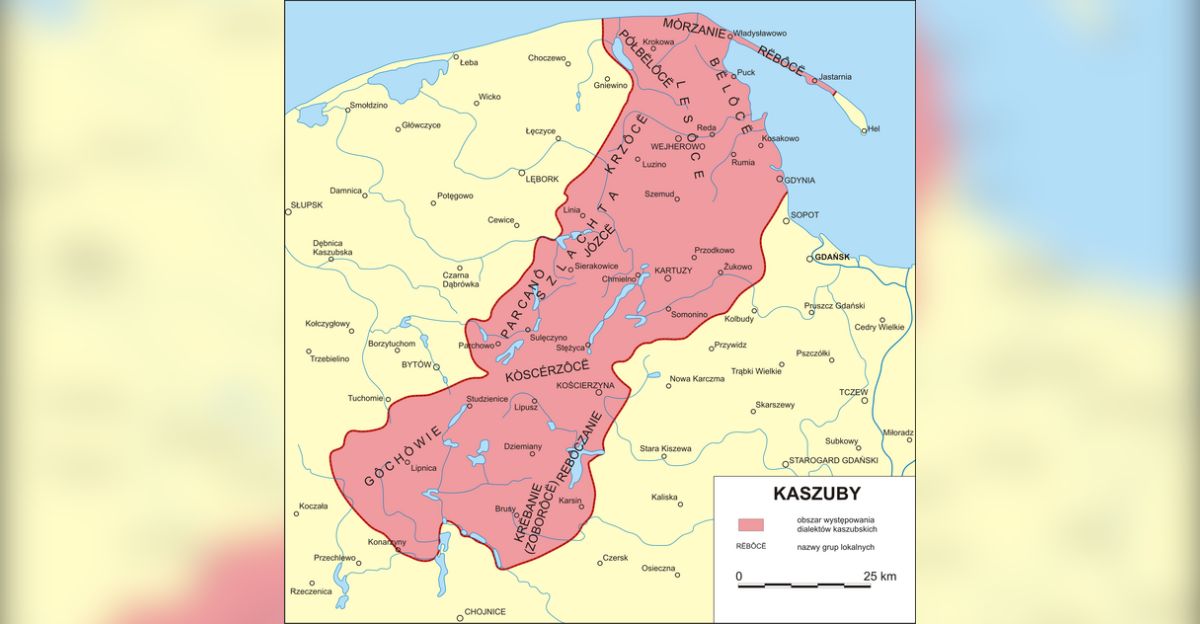
The tiny villages near the dig have seen a flood of visitors. Hotel owners told JFeed they’re fully booked with journalists, amateur historians, and even a few hopeful prospectors. Officials hope the added attention will bring new investment and help put Kashubia on the cultural map. Local leaders stress that strict site rules and archaeological oversight are in place to protect both property and Poland’s wartime history.
Meet the People Chasing the Mystery
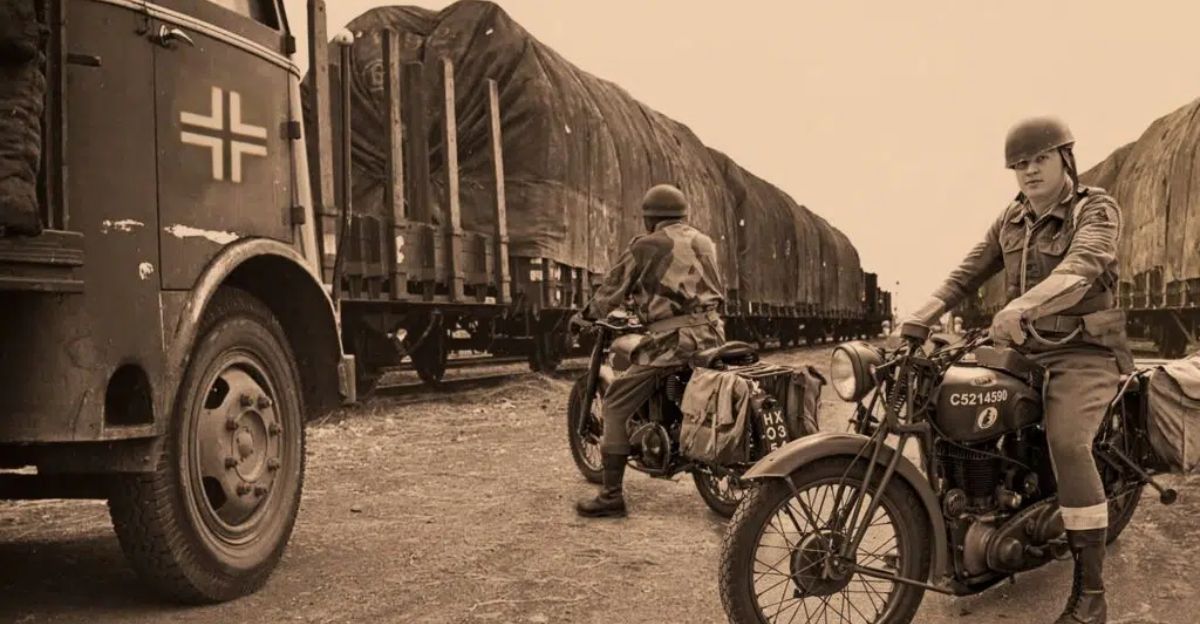
An eccentric mix of dreamers, scientists, and skeptics drives the search. Veteran treasure hunter Jan Delingowski explained to Colombia One, “For the first time, we have credible evidence and government support.” Not everyone is convinced—archaeologist Dr. Katarzyna Nowak told reporters that “most legends are built on real facts, but proof is what matters.” Their cautious optimism is echoed in the banter at the site’s makeshift base camp.
Poland Insists on Doing This by the Book
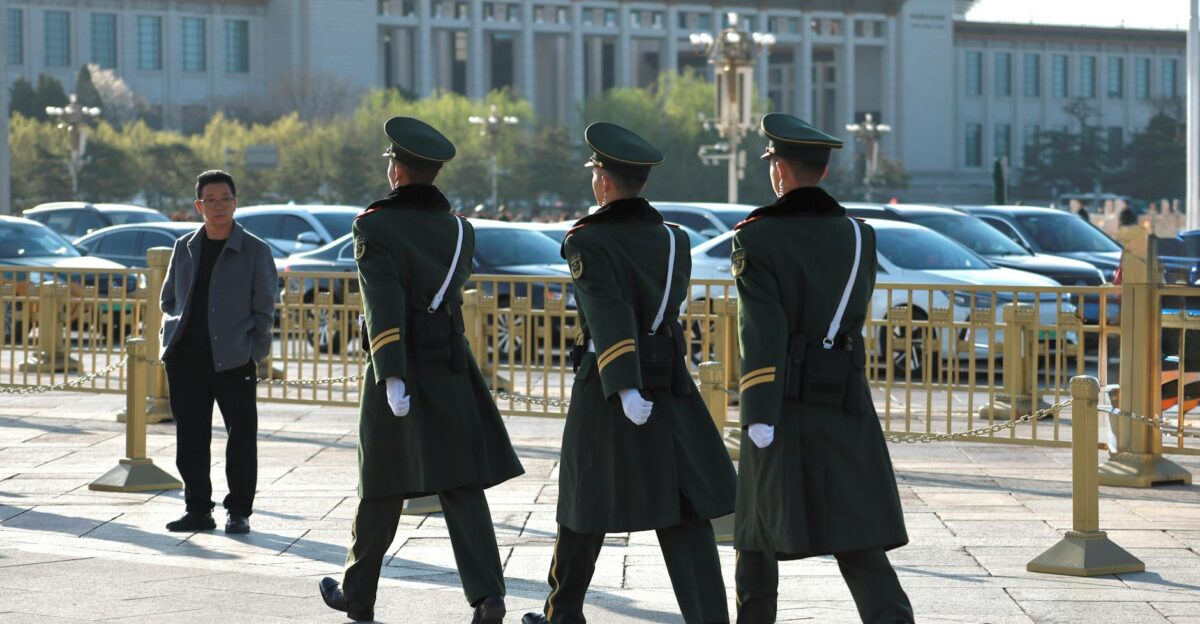
Unlike earlier, off-the-record hunts, this dig must follow strict national heritage laws. According to Colombia One, every object, down to the tiniest bone or bullet, will be documented and turned over to state authorities. The site is closed to treasure hunters and sightseers except under official supervision. Real-time updates and expert oversight aim to build trust and transparency for curious Poles and international observers alike.
Separating Fact from Folklore at the Site

The ghost stories swirling around Nazi gold sometimes overshadow more sober research. As the Jerusalem Post highlights, this dig stands apart because it leans on newly gathered testimony and complex data, not just old legends. Dr. Nowak, the University of Gdansk historian, points out that it’s easy to get swept up by the myth, but this time everyone expects results rooted in science, not rumor.
Even a Failed Dig Could Make Headlines
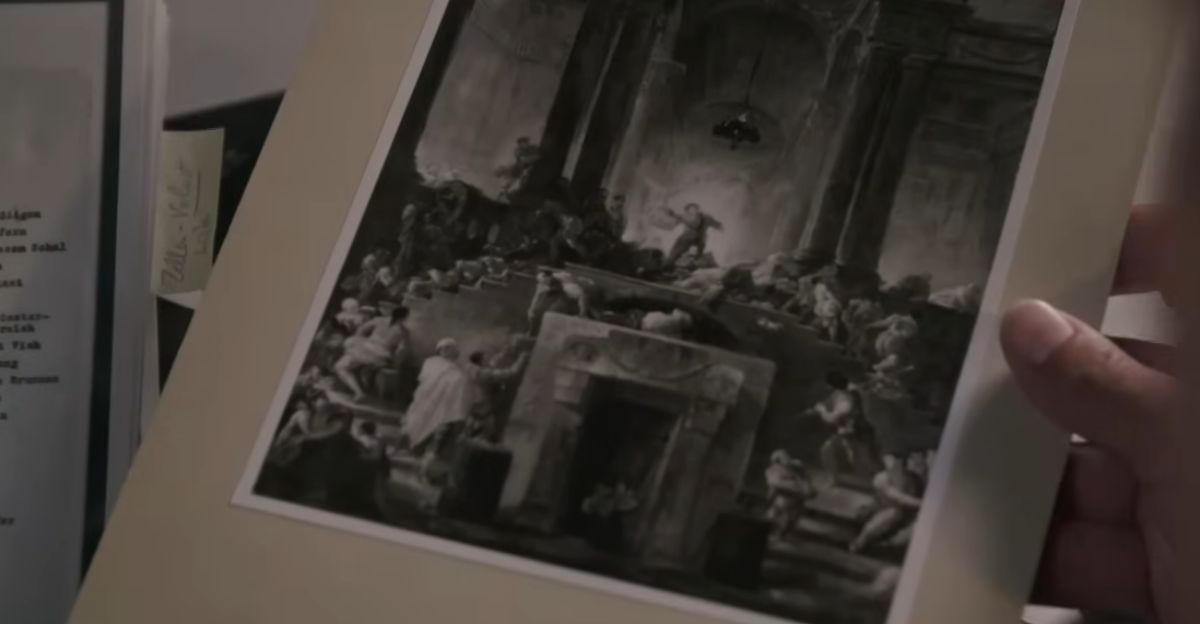
Organizers don’t promise gold bars or priceless amber. Instead, JFeed says the main hope is that the dig will recover wartime documents, daily-life relics, or anything that can clarify the site’s Nazi-era role. Leaders have committed to publishing the findings—no matter what turns up. The excavation could finally settle decades of questions, change local history, or deliver a compelling new chapter in the world’s most enduring treasure tale.
Locals Divided on Treasure Mania
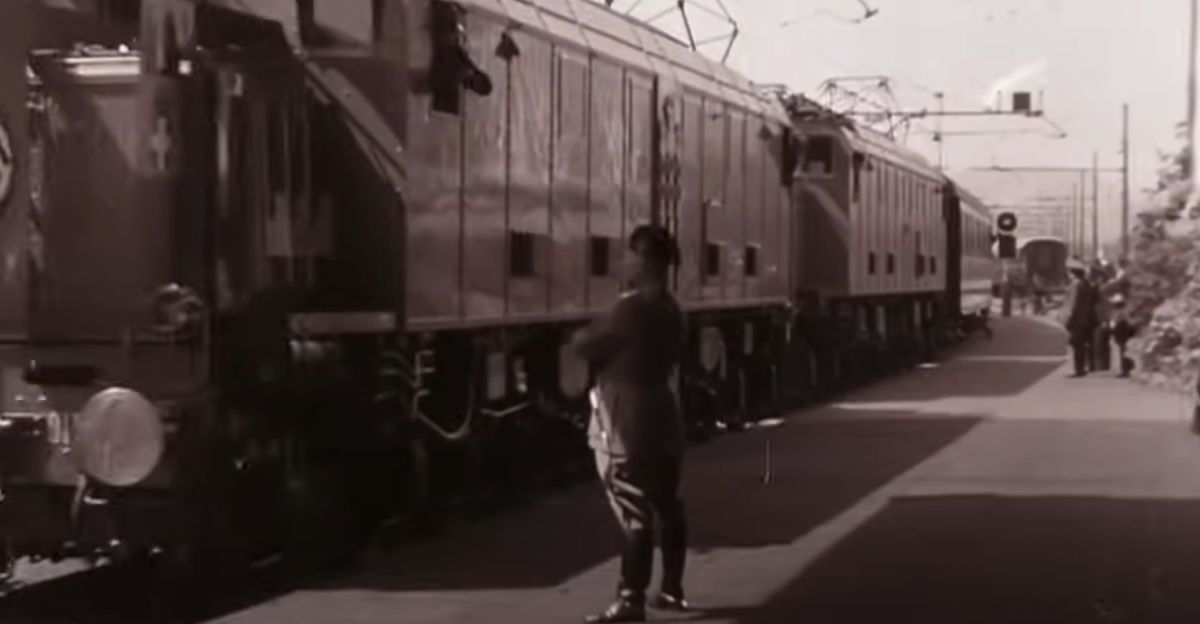
Not everyone in Poland is excited about the hunt for Nazi loot. Critics point out that past excavations have sometimes led to vandalism, conspiracy theories, or disappointment. Colombia. One notes that careful planning and professional rules have won over skeptics in local government and academia this time. Still, some in Kashubia say they’d rather see resources spent on remembering real victims of the Nazi occupation.
Oversight Will Be Intense from All Sides
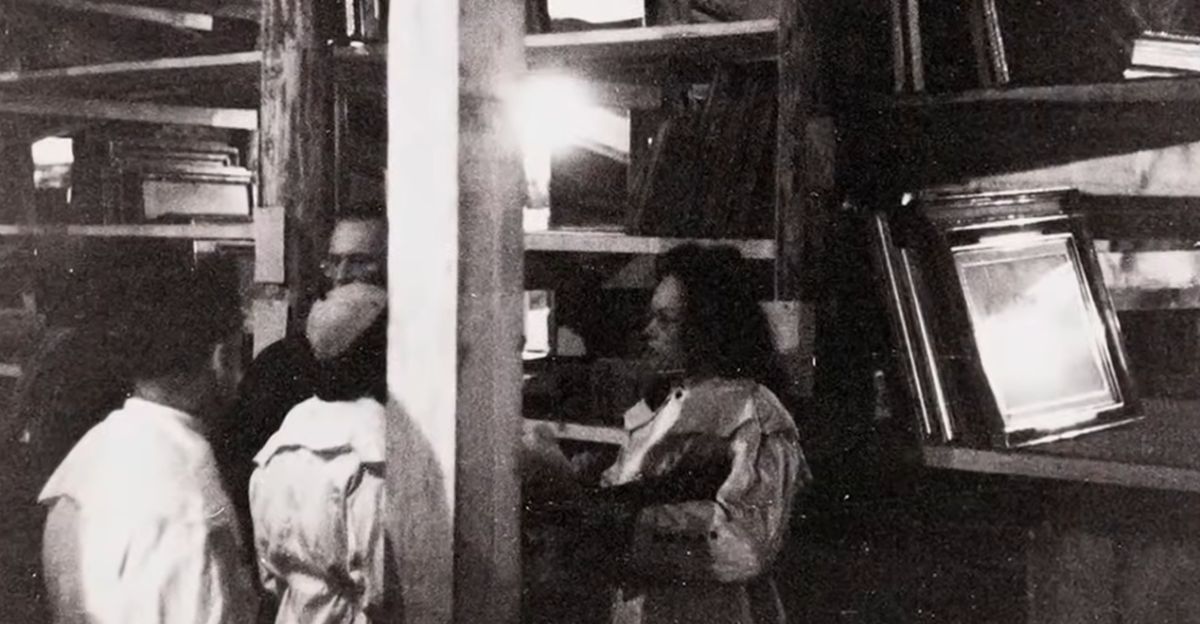
The dig’s oversight body, Poland’s Provincial Conservation Office, will work with national archaeologists and international preservation groups. According to JFeed, watchdogs want to ensure there’s no chance for black-market sales or “missing” artifacts and that all discoveries are public. Experts believe this collaborative approach sets a new standard for how countries handle rumored war treasure in the digital age.
The Amber Room’s Allure Isn’t Fading
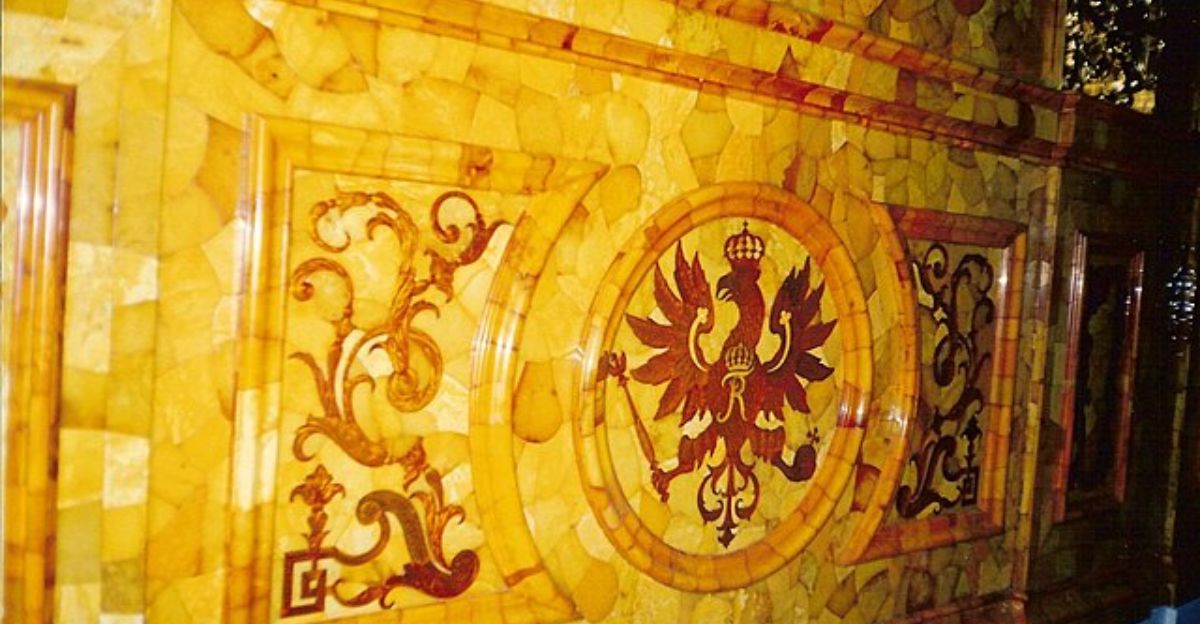
Despite decades of searching, the Amber Room’s mystique only grows. BBC features point out it’s now more than just lost art. The hope that it might be found one day has wound into local identity and Europe’s collective memory. As historian Nowak puts it, the Amber Room “remains powerful precisely because it’s missing”—each search writes another page of the legend.
Scientists Say Process Matters More Than Gold
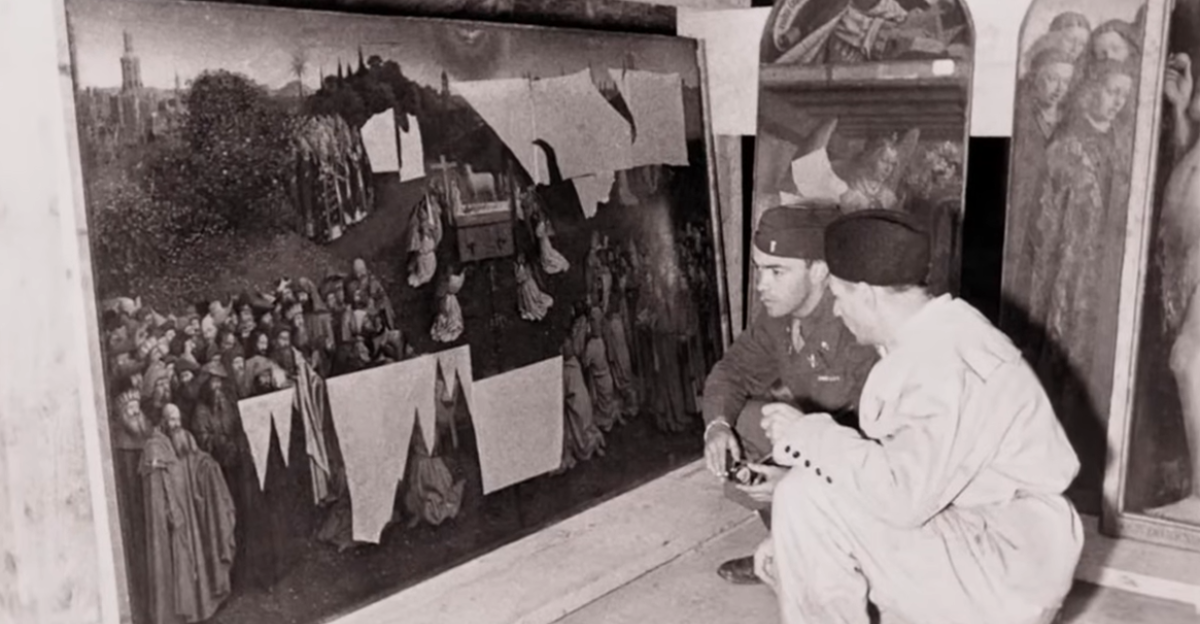
Experts stressed that the real value may be the example this dig sets for archival research and scientific fieldwork. The Jerusalem Post reports that by combining new tech and careful detective work, Poland could inspire a fresh era of public engagement with WWII history. Success or failure, the dig could prompt similar searches or new debate across the continent.
All Eyes on Kashubia as the First Shovels Hit Dirt
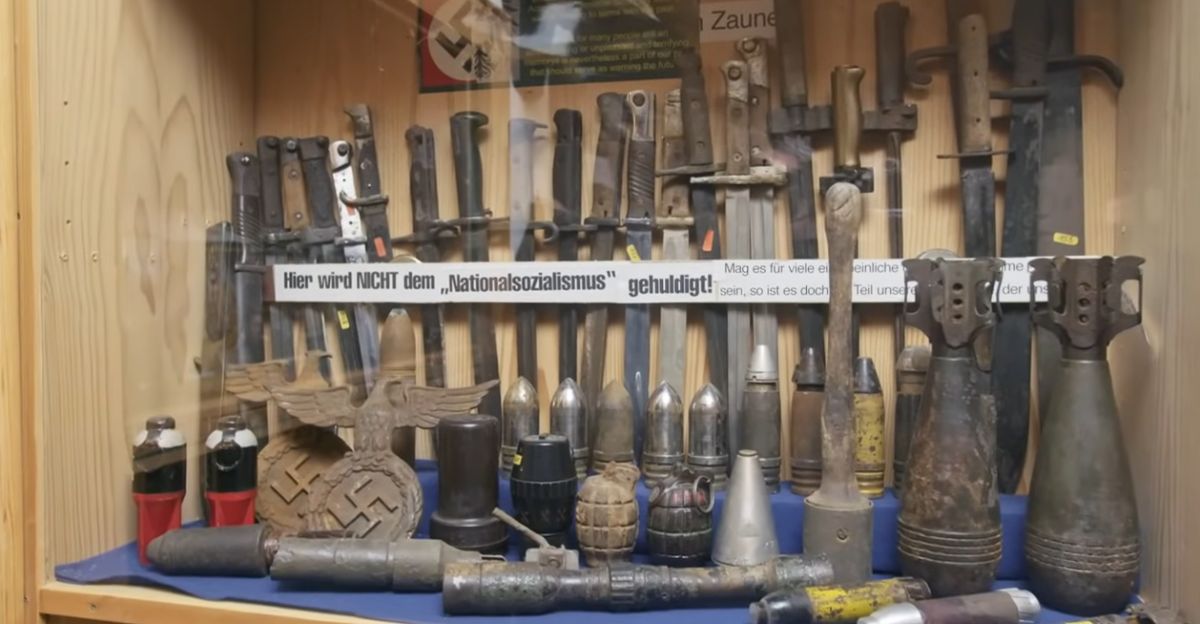
With the dig about to start, the world’s media and millions online are waiting to see what Poland’s hunt uncovers—gold, amber, crumbling bunkers, or just new clues. Regardless of what’s found, local officials and scholars say complete transparency and historical honesty will define the dig’s success. For now, legend and history meet in Kashubian soil, and the story is just beginning.

